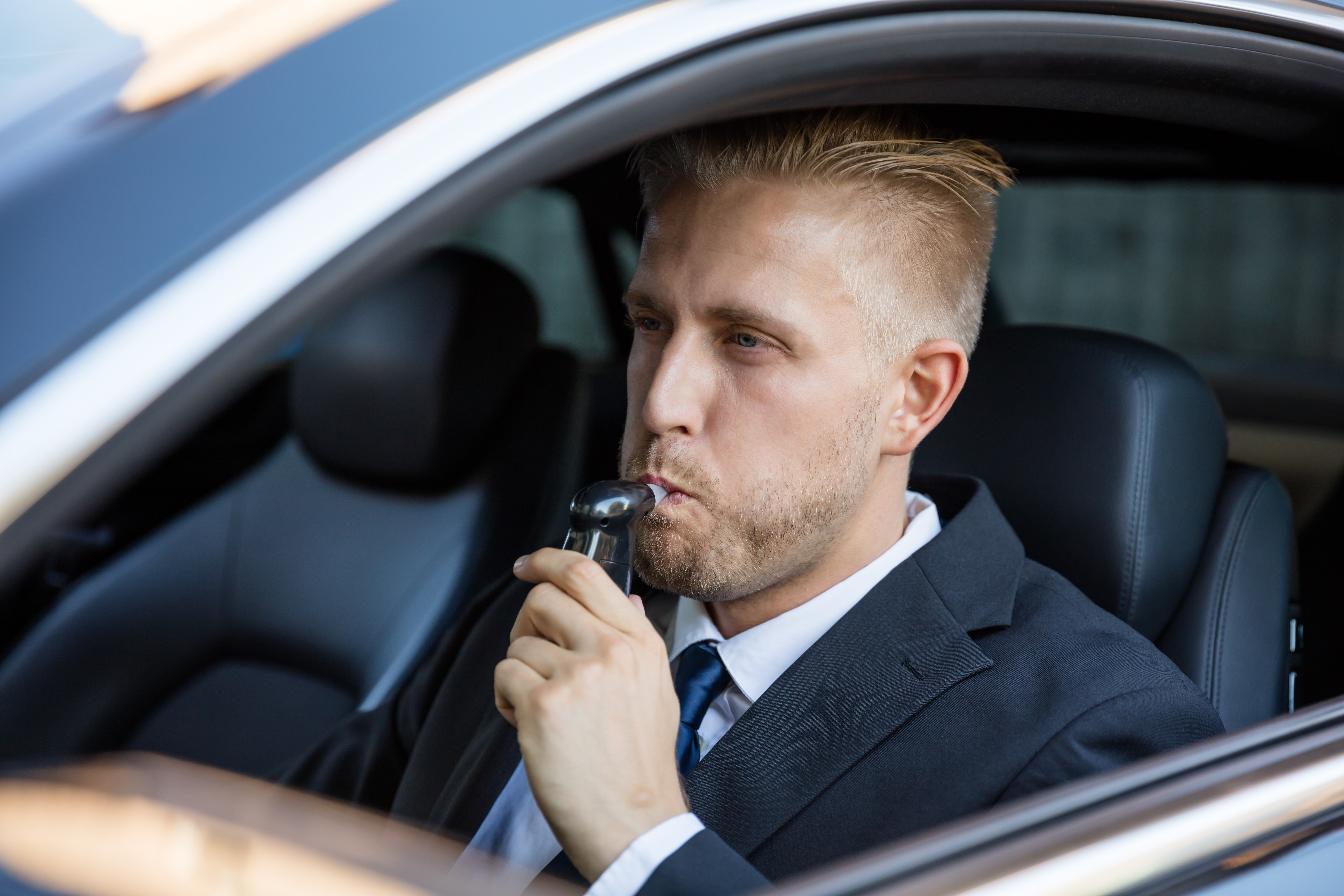If you are suspected of driving under the influence, a police officer may pull you over and ask you to take a breathalyzer test. This test is designed to measure your blood alcohol content (BAC) and determine whether you are above the legal limit of 0.08%. However, these tests are not always accurate. In fact, there are a number of factors that could affect your breathalyzer test and make it appear as if you are intoxicated when you are really not. Here are some of the factors that could impact your breathalyzer results:
Residual Mouth Alcohol
There are a number of consumer products that could leave alcohol behind in the tissues inside your mouth. Unfortunately, this residual mouth alcohol could be detected by the breathalyzer and lead to a false positive. Some of the products that are known to leave traces of alcohol include mouthwash and breath sprays. The alcohol from these items are believed to linger around for about 15-20 minutes after the products are used.
Medical Conditions
There are also certain medical conditions that could impact your breathalyzer test, including diabetes. People with diabetes have much higher levels of acetone in their system than non-diabetics. The breathalyzer device is designed to detect levels of ethyl alcohol, however it cannot tell the difference between ethyl alcohol and acetone. This means that the machine may report that someone with diabetes is intoxicated even when he is not.
Another medical condition that could affect the test results is gastroesophageal reflux disease, or GERD. This condition, which is similar to heartburn, causes gases from the stomach to travel upwards through the esophagus and the oral cavity. If someone with GERD has consumed a food or drink with alcohol content, the breathalyzer test could be inaccurate. This is because the test will detect a strong concentration of alcohol, which is actually caused by the regurgitation of concentrated gases and vapors from the stomach, and not heavy alcohol consumption.
Over the Counter Medications
Many OTC medications may also leave alcohol behind in a person’s mouth, which will affect the breathalyzer results. Medications used to treat coughs, colds, and canker sores often contain alcohol that the breathalyzer device could detect. Even using an asthma inhaler prior to taking a breathalyzer test could lead to inaccurate results. This is because some inhalers contain methyl chemicals, which is what the breathalyzer detects and interprets as alcohol.
Have you been charged with DUI? The attorneys at Reisch Law Firm know how to determine if your breathalyzer test results were inaccurate. Remember, a DUI charge does not always lead to a conviction, especially when you have an experienced attorney on your side. Schedule a free consultation today by calling 303-291-0555 or filling out this online form.


